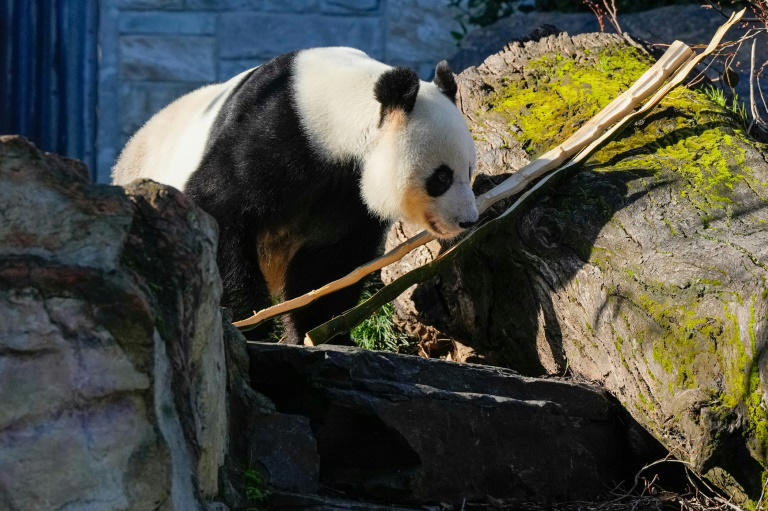FALCON POWERS – China has decided to loan Australia two new giant panda bears, which it uses as symbolic expressions of friendship in its diplomatic relations, to replace others whose loan period is ending, as announced by the Chinese Premier on Sunday in Adelaide (South Australia). The Adelaide Zoo has hosted two giant panda bears named Wang Wang and Funi since 2009, loaned from Beijing as part of China’s “panda diplomacy” strategy.
“Panda diplomacy” is one of China’s “soft power” strategic tools aimed at enhancing its influence and impact in international relations. This strategy involves Beijing signing agreements with zoos in other countries to loan them panda bears, with the condition that any cubs born during the loan period will be returned to China to be incorporated into its breeding program.

However, the two giant pandas at the Adelaide Zoo have not yet produced any offspring, even as the agreement for their loan to Canberra is set to expire this year.
Panda births are rare events, as these herbivores have the unique ability to temporarily delay the growth of their fetuses if they determine the conditions are not suitable for giving birth, a phenomenon known as “delayed implantation.”
During his visit to the Adelaide Zoo, the first stop on his Australian trip that started on Saturday, Chinese Premier Li Qiang noted that “Wang Wang and Funi have been away from their homeland for 15 years” and speculated that they “must have missed it a lot,” indicating they will be returning to China before the end of the year. However, he assured that “what I can say is that we will provide a new pair of beautiful, charming and wonderful pandas as soon as possible,” explaining that Beijing will provide Canberra with a list of pandas being considered for the loan.

Australian Foreign Minister Penny Wong thanked China, considering it “good for the economy, for jobs in South Australia, for tourism, and it’s a symbol of goodwill.”
According to the World Wide Fund for Nature, the remaining wild panda population today is around 1,860, mostly in the bamboo forests of the mountainous regions of China. Thanks to conservation programs, the International Union for Conservation of Nature was able to remove the panda from the “endangered” category at the end of 2016, but it is still listed as “vulnerable” on its Red List.


